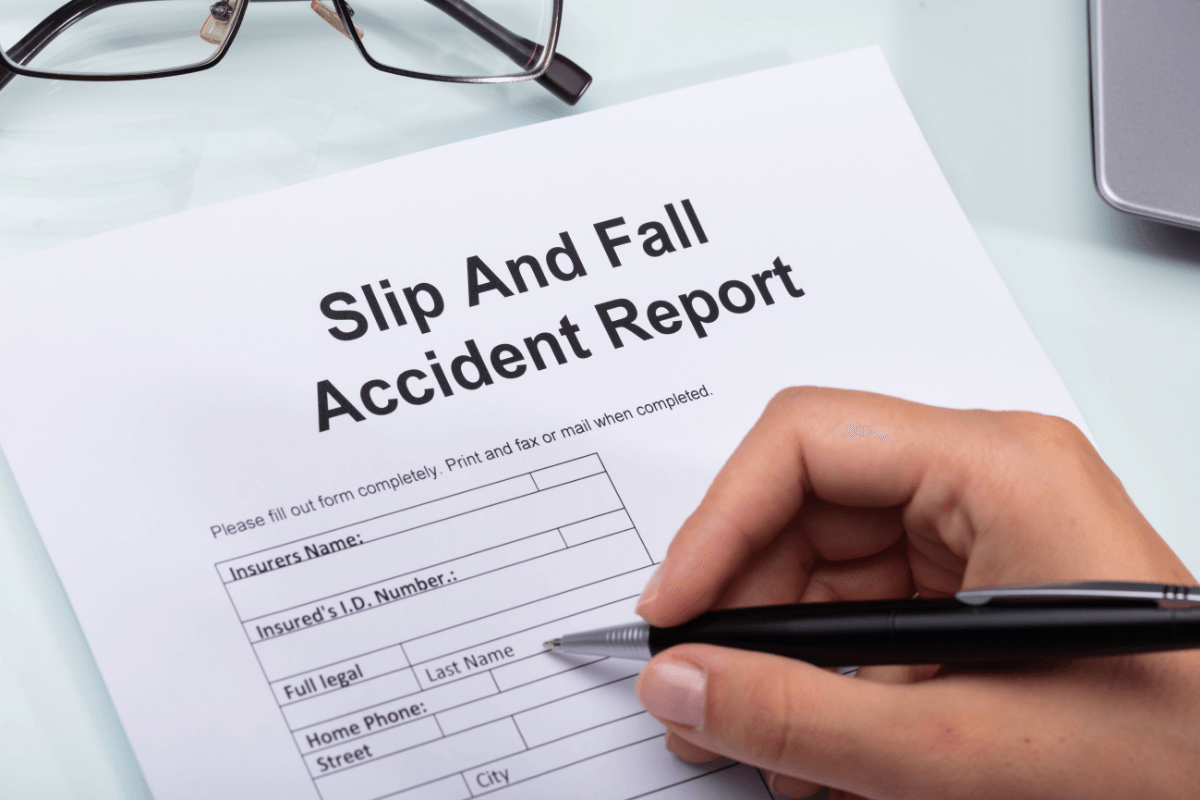Filing a Small Claims Suit in Orange County
Ryan Blake • January 1, 2024

If you are considering filing a small claims suit in Orange County, California, here are the steps you need to take:
- Determine if your claim is eligible for small claims court. In California, small claims court is designed for disputes involving less than $10,000. If your claim is for a higher amount, you may need to file in a different court.
- Gather all the necessary documents. This may include contracts, receipts, and other evidence that supports your claim.
- Locate the small claims court that serves the area where the defendant lives or does business. In Orange County, there are several small claims courts, so be sure to choose the one that is most convenient for you.
- Complete the necessary paperwork. You will need to fill out a small claims court complaint form, which you can obtain from the court clerk or online. Be sure to provide detailed information about your claim and the defendant.
- File your paperwork and pay the filing fee. The filing fee in California is $75 for claims up to $2,500 and $100 for claims between $2,500 and $10,000. The court may waive the fee if you can show that you cannot afford to pay.
- Serve the defendant with a copy of your complaint and a summons. This must be done by a third party who is at least 18 years old and not involved in the case. The defendant must be served at least 15 days before the court date.
- Attend the court hearing. Be prepared to present your case and any evidence you have to support your claim. If the defendant does not show up, you may be awarded a default judgment.
- If you win your case, the court will issue a judgment in your favor. The defendant will have 30 days to pay the amount awarded, unless they file an appeal. If they do not pay, you may need to take additional steps to collect the money, such as garnishing wages or seizing property.
Filing a small claims suit in Orange County, California can be a complex process, so it is important to understand your rights and obligations. If you have any questions, it is always a good idea to consult with an experienced attorney.

A DMV SR-19C is a form that is used in the state of California to provide proof of financial responsibility in the event of a car accident. This form, also known as a Certificate of Insurance, is typically required by the California Department of Motor Vehicles (DMV) after a driver has been involved in a car accident and is found to be at fault.

ersonal Injury Protection (PIP) coverage is a type of insurance that is required in the state of Washington for all drivers to have as part of their auto insurance policy. It is designed to provide financial assistance to policyholders who are injured in a car accident, regardless of who was at fault. PIP coverage can help pay for medical bills, lost wages, and other expenses related to the accident.

Car accidents can happen to anyone, regardless of how careful you are while driving. In fact, according to the Insurance Information Institute, about one in eight drivers in the United States are uninsured. If you are hit by an uninsured driver and live with a relative who has insurance, you may be able to use their uninsured motorist coverage to cover the damages. In this blog, we will discuss how household uninsured motorist coverage works and how it can help protect you in the event of an accident.

If you have been injured in a bus accident and want to file a compensation claim, it is crucial to choose the right attorney to win the case and get the maximum compensation. Since many people find the process of hiring a bus accident attorney challenging, we have created a list of elements you should consider when finding the right person for your case.

A bicycle accident attorney is specialized in dealing with bicycle accidents. Whether the accident happens due to the negligence of a motor vehicle driver or another bicyclist, a bicycle accident attorney ensures you understand the law well, proves your innocence, and get a reasonable settlement amount for you.






